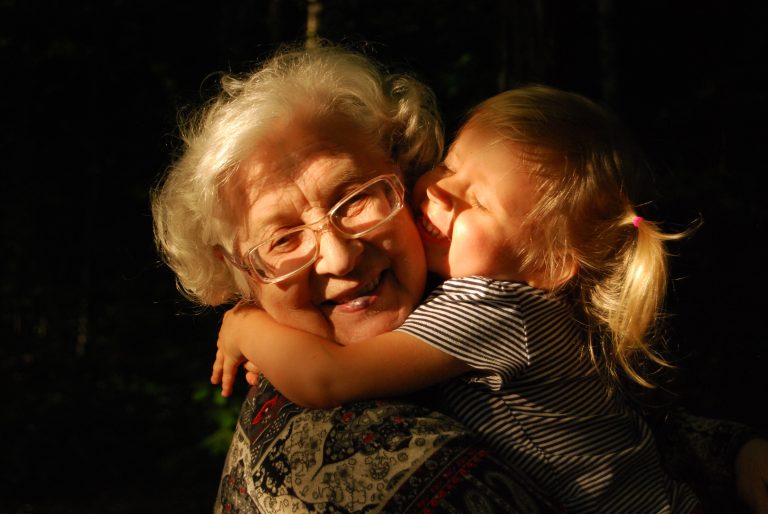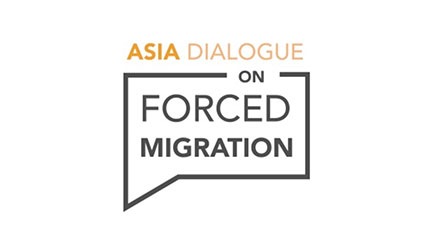After a nation-wide consultation process, the National Human Rights Consultation Committee report recommends that there be a Charter of Rights for Australia. But what does it say on the rights of Indigenous people?
Given the historical vulnerability of Aboriginal rights you would think that the protection of these rights would get special attention. They do. But not in a way that will provide any comfort for Indigenous people concerned about rights protection.
Indigenous rights attracted two specific recommendations. One is that the Federal Government provide a “statement of impact” when it intends to suspend the Racial Discrimination Act (RDA) or to implement a special measure. This wouldn’t stop the Government from suspending the protection against racial discrimination, only that they would need to make a statement as to why. There would be nothing we could do to challenge the statement if it fell short, was misleading or was untruthful.
The other recommendation, an attempt to reference self-determination is a pretty poor one. The framework, ‘outlining consultation protocols, roles and responsibilities and strategies for increasing Indigenous Australians’ participation in the institutions of democratic government’ has a no legal underpinnings, or instructions on its monitoring and implementation. And it has no teeth – there would be no consequences if such a framework were overlooked.
There were many other ways in which the report fell short of Aboriginal and Torres Strait Islander inclusion in other human rights documents. For example, there is no suggestion that Indigenous Australians be included in the preamble to a Human Rights Act but they are included in the preambles of both the ACT and Victorian legislation. There is no mention of cultural rights within any of the recommendations of the national charter. And the omission of the UN Declaration on the Rights of Indigenous Peoples in the list of the human rights instruments that it recommends the government protect and promote is a further disappointment.
How could a committee that was focused on improving human rights protections in Australia do so poorly on the implementation of the specific rights of the most vulnerable people within the community, the ones who have endured the most serious and systematic human rights abuses?
It is not simply a matter of Indigenous representation. Tammy Williams, an Aboriginal lawyer, was a member of the National Indigenous Council (NIC) that supported the Northern Territory intervention and also endorsed the policy of compulsorily acquiring Aboriginal land.
Another answer found within the chapter of the report dealing specifically with Indigenous rights. The committee notes that while there was a view from Indigenous and non-Indigenous people about the need to better protect Indigenous rights: "Indigenous Australians did not put forward a significant number of recommendations about which specific Indigenous rights should be recognised and within what type of legal system." So is it our fault that we did not respond to the consultation? Perhaps the lack of information should have provoked the Committee to think about (a) why Aboriginal people were not responsive to the consultation and (b) go out and actively seek some answers. When people are worried about overcrowding in their homes, sewerage is running through their town and their BasicsCard isn’t working, they do not have time to put in submissions to yet another review. And with the lowest levels of education in Australia, meaningful consultation needs better communication and understanding.
This begs another questions: why weren’t human rights groups more active in putting forward Indigenous rights protections as part of their submissions? The Committee goes on to say that: "participants in focus groups were cautious, if not resentful, about Indigenous specific-rights, offering only minimal support for their recognition." So now we only get our human rights protected if it is popular? We are already held hostage to popular opinion about whether Indigenous rights are vote-winners or not.
The report concludes, “In view of the lack of support from the broader Australian community for different rights for different people, and the limited response from the Indigenous community at this point, the Committee is unable to recommend that specific Indigenous rights be recognised in a Human Rights Act, treaty, or other legal instrument." And thus the Committee takes the issue of a treaty, of constitutional reform and any other legal protection of rights off the table.
Even if the recommendations are implemented as they stand, there will arguably been some positive benefits for the improvement of the protection of the rights of Aboriginal and Torres Strait Islander people – at least when it comes to rights like freedom of movement, due process before the law and equality before the law. But the framework proposed completely misses the opportunity to better protect Indigenous rights and falls far short of the levels of protections in the human rights legislation in both the ACT and Victoria.
The Northern Territory intervention has been amongst the greatest human rights violations in Australia. It is occurring right now under the watch of the human rights organisations and advocates that have put so much energy and effort into this human rights consultation. This has been a missed opportunity to better address the protection of Indigenous rights. And with the report of the National Human Rights Consultation Committee providing the way forward for the Rudd government on human rights protection, Indigenous rights have taken another step back.



